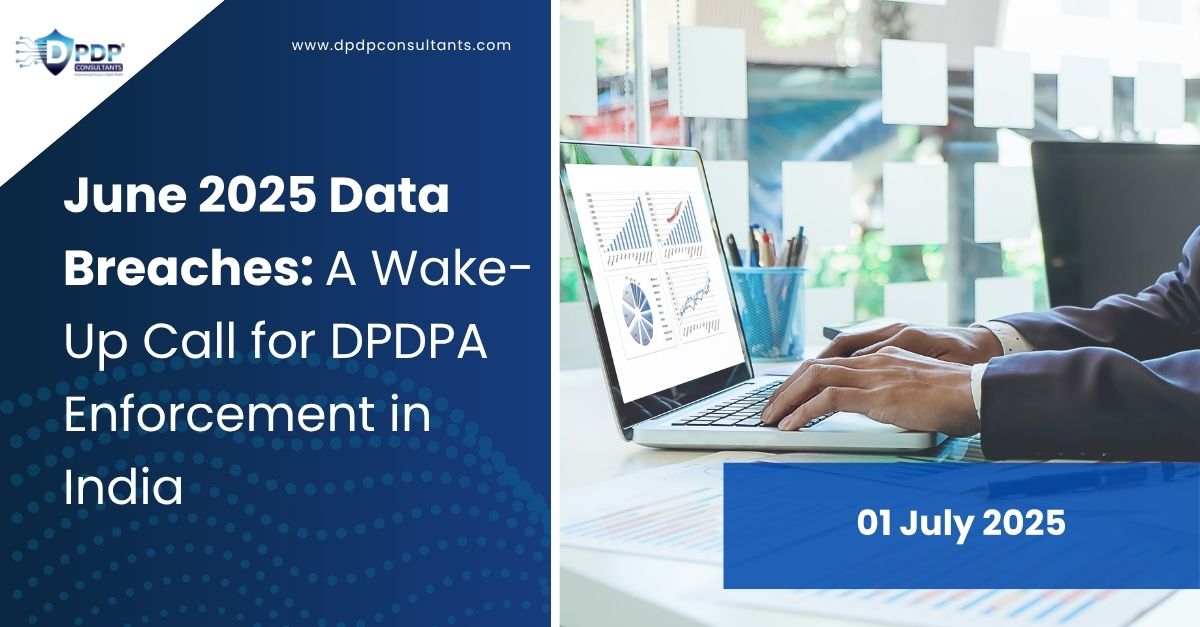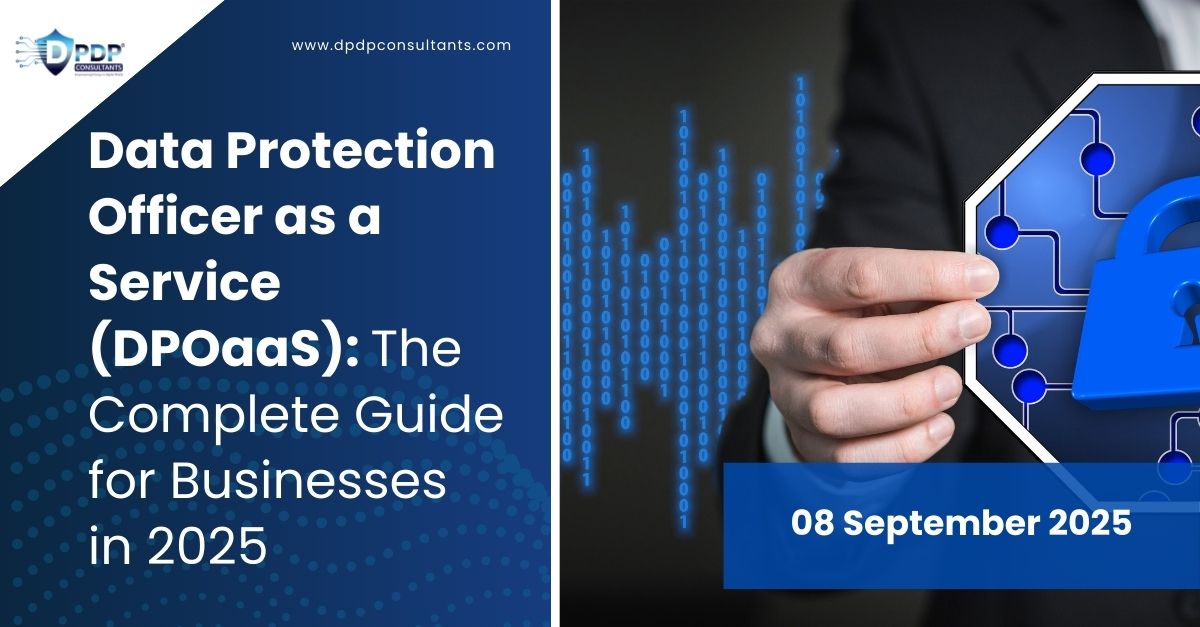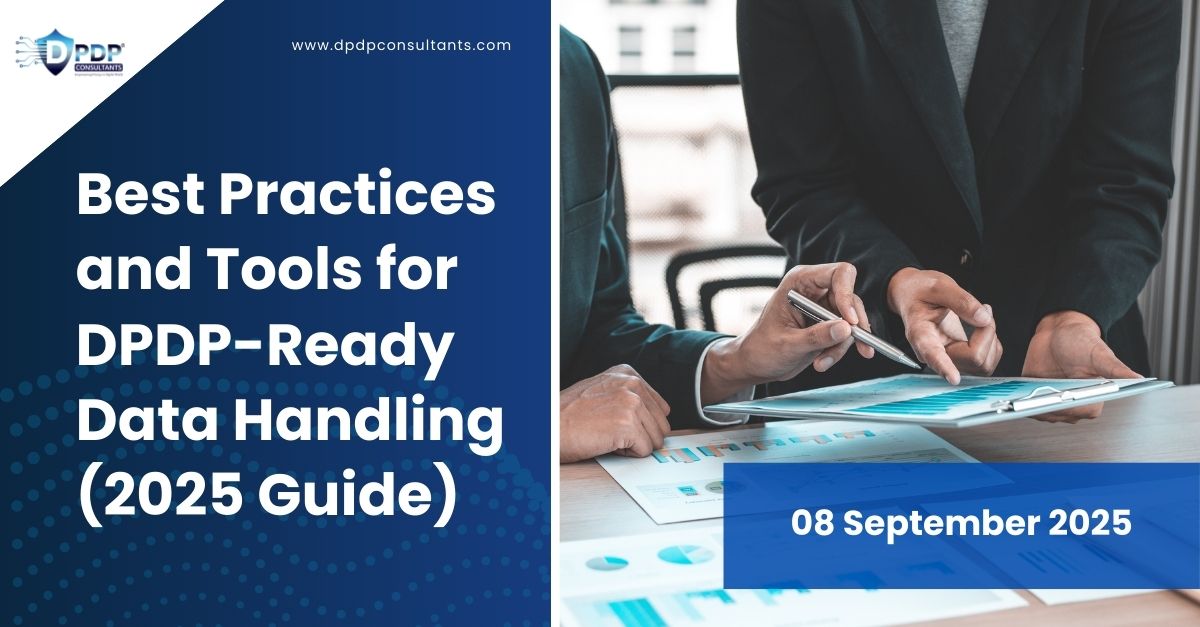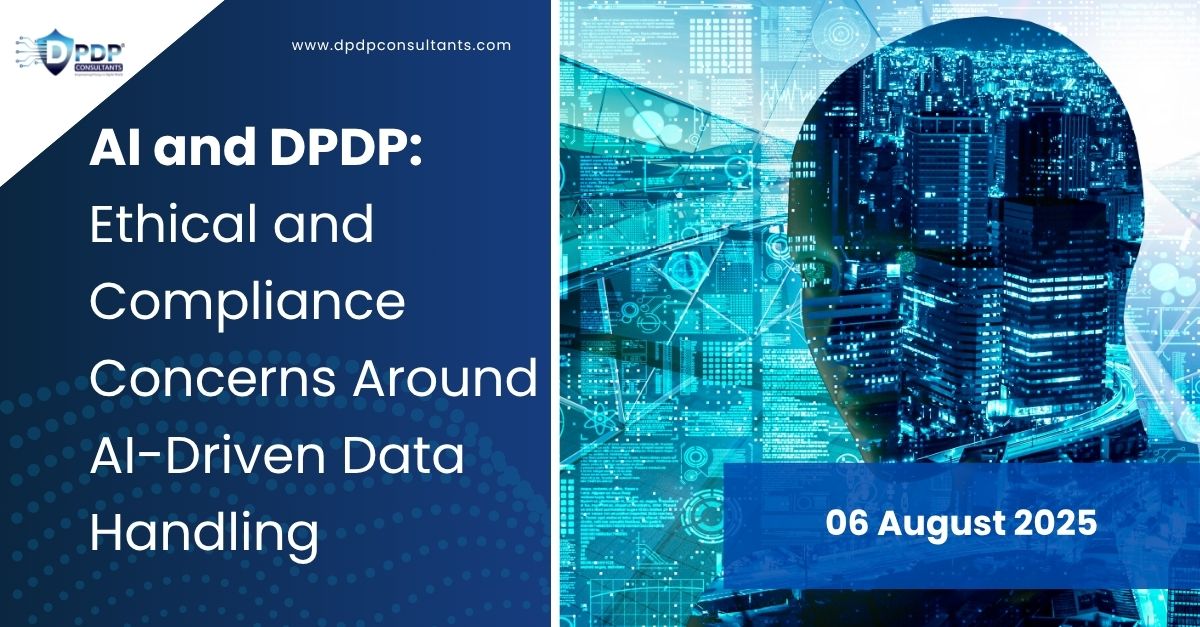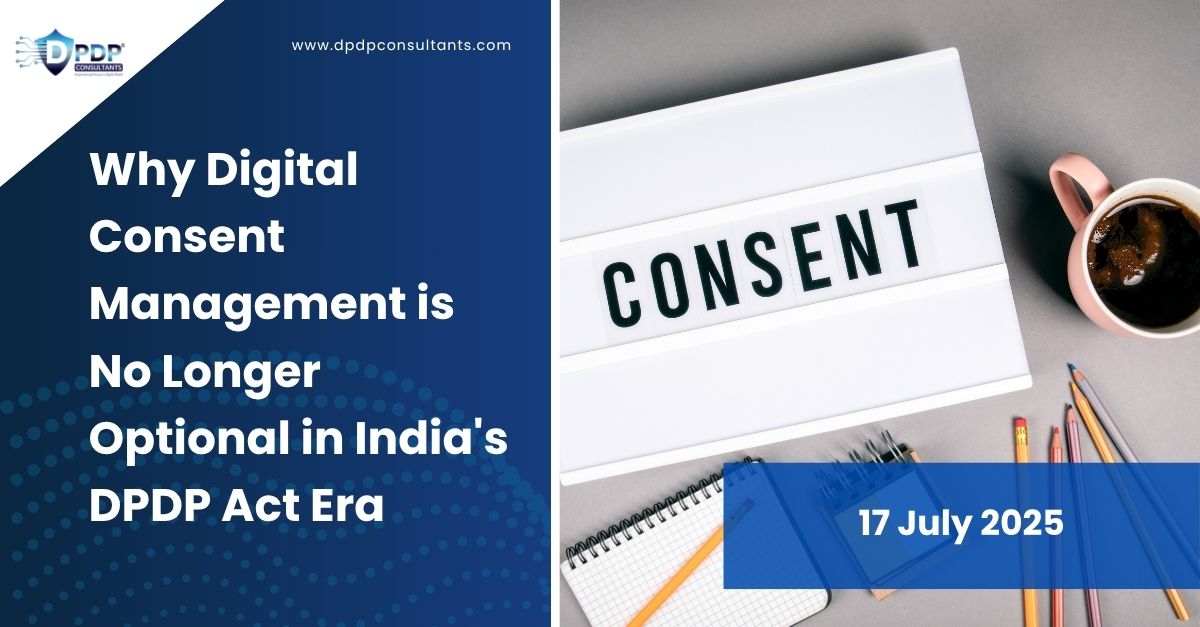June 2025 Data Breaches: A Wake-Up Call for DPDPA
Enforcement in India
Introduction
As India navigates the digital decade, the security and
governance of personal data have taken center stage. In June 2025 alone, a
series of high-profile data breaches exposed the sensitive personal information
of millions of Indian citizens, reigniting the urgent call for robust data
protection enforcement. Despite the enactment of the Digital Personal Data
Protection Act (DPDPA), 2023, the absence of timely implementation mechanisms,
most notably the non-operational Data Protection Board of India (DPBI) has left
significant regulatory gaps.
Key Incidents in June 2025
1. Zoom car Breach – 8.4 Million Users Affected
On June 9, 2025, cybersecurity researchers revealed that
Zoomcar, India’s popular car-sharing platform, had suffered a breach exposing
the data of over 8.4 million users. The leaked information included names,
email addresses, phone numbers, trip histories, and partial payment data—making
users vulnerable to phishing and identity theft.
2. Ransomware Attack on Surya Shakti Infotech (Kolkata)
On June 19, 2025, Surya Shakti Infotech, a private IT firm
responsible for managing the admission systems of several prominent Kolkata
colleges was hit by ransomware. The attack compromised admission databases,
altered fee payment links, and delayed admissions for thousands of students
across institutions like Scottish Church College and Surendranath College.
3. Compilation Leak of Indian Credentials
Amid a global leak of over 16 billion username-password
combinations, a large portion of the credentials reportedly belong to Indian
users. These data sets, compiled from past and fresh breaches, have surfaced on
darknet marketplaces and can be used for credential stuffing and account
takeover attacks across financial, e-commerce, and government portals.
The DPDPA Gap: Why Enforcement Cannot Wait
While the Digital Personal Data Protection Act, 2023 was
enacted to empower individuals (Data Principals) and hold organizations (Data
Fiduciaries) accountable, its implementation remains stalled. Key provisions
such as consent-based data processing, data minimization, purpose limitation,
and grievance redressal are yet to be enforced due to:
- The
non-functional status of the Data Protection Board of India, which is
central to adjudicating breaches and enforcing compliance.
- The
absence of notified Rules and Standard Operating Procedures (SOPs) under
the Act.
- Lack
of mandatory Data Protection Impact Assessments (DPIAs) in high-risk
processing activities, like those in fintech, edtech, and mobility
platforms.
Why this matters:
|
Breach Impact
|
DPDPA Protection (If Enforced)
|
|
Unauthorized processing of personal data
|
Would violate Section 4–6 on lawful processing &
consent
|
|
No breach notification to users
|
Section 8 mandates breach reporting to Data Principals
|
|
No remedy or redressal mechanism
|
Data Protection Board to adjudicate penalties & claims
|
|
Data minimization not applied
|
DPDPA mandates purpose limitation & necessity
principles
|
The Road Ahead: Immediate Policy Priorities
In light of these breaches, the following steps are
imperative:
- Operationalize
the Data Protection Board of India (DPBI)
Without a functioning regulator, the DPDPA is toothless. Appointing the
Chairperson and issuing a commencement notification should be prioritized.
- Mandate
Registration of Significant Data Fiduciaries (SDFs)
Platforms processing high-risk or large-scale data (like Zoomcar,
education tech providers, etc.) should be designated SDFs and subjected to
additional compliance measures.
- Strengthen
Cyber Hygiene Across Sectors
Mandatory audits, consent mechanisms, and data localization standards need
enforcement across digital services handling critical personal data.
- Launch
Public Awareness Campaigns
Educating citizens on how to exercise their data rights under DPDPA is
essential to build a culture of digital trust and accountability.
Conclusion
The June 2025 breaches are not isolated incidents they are
symptoms of a broader regulatory vacuum. As India races towards a
trillion-dollar digital economy, ensuring the safety and dignity of its
citizens' data is non-negotiable. The Digital Personal Data Protection Act,
2023 offers a strong legal foundation, but without immediate operationalization
and enforcement, its potential remains unfulfilled.
The question is no longer if the DPDPA should be enforced
but how quickly we can act before the next breach becomes tomorrow’s headline.

